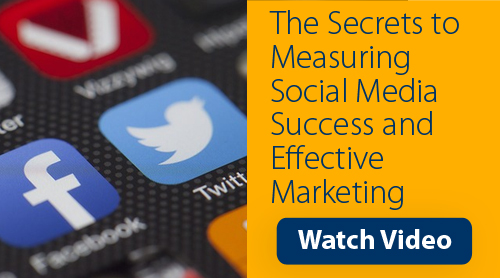
Before we go too far down the rabbit hole, this article isn’t intended to make you an expert in online marketing techniques. It is hoped to give you an overview and an idea of what you should, and shouldn’t be looking for in terms of your digital channels and communications strategies.
Some acronyms are more synonymous to the business world than others; ROI, CAPEX, KPI, CRM, YTD, they probably all play some sort of part in your day-to-day operations?
Don’t worry; it’s not a test if you don’t recognise them all.
Most still escape the average Marketer, most, with the exception of one.
There’s one acronym which has been gaining momentum since being (allegedly) coined back in 1997, that one sitting on the tip of your tongue, S - E - O.
Balanced in that precarious niche between your marketing department and IT, Search Engine Optimisation is the dark art of ensuring your website is ranking as high on the Google results page as possible (other search engines are available).
In short, SEO is the difference between your website being easily found above your competition, standing out.
1. Links Will Never Trump Content, Ever.
Being able to provide quality content is the key factor when aiming to attract visitors and potential new clients or customers to your website.
Think about the last time you stayed on a dull website for more than a few seconds? Creating great content shouldn’t be difficult; after all, you’re the leader in your field of expertise!
Whilst having great new content is going to be the reason you’ll be trumping your competitors in social shares, remember to keep your target audience in mind. Think about the sort of things they’ll be looking for, and most importantly typing into Google.
2. Share and Share Alike
Having that link to your website on your business card or email signature will only let people know where you are. It won’t keep them there unless you’re talking to them about something exciting, innovative or controversial in your field.
If you don’t have a blog, perhaps it’s time to expand your horizons and give your colleagues and customers something to talk about?
Word of mouth is (arguably) more effective than direct advertising right, so why not let your extended network get your website out there for you? If people are talking about and sharing your content across their own networks, the search engines will take notice!
3. Bigger Isn’t Always Better, and Other On-Page SEO Myths
Those graphics and splash pages your designers and webmasters spent so long getting to sit pretty on the website; they’re just that, sitting pretty.
Headlines, banners and illustrations, are simply for styling and visual effect, having a larger font won’t make your site any simpler for the search engines to spot.
The most important element of on-page optimisation is ensuring your services and products are accurately represented in page titles and descriptions, images including alternative text and content copy. You’ll never reach that number 1 spot on the Google homepage if your site isn’t trusted by your visitors.
Keep the most important, and relevant, information at the top of the page for your visitors to quickly find. There’s nothing more frustrating that clicking a link on the first page of Google, only to find that the description and title advertised don’t match the page; if you find you have a high bounce-rate, this may be the reason why.
4. Don’t be a ‘One Hit Wonder’
SEO is constantly changing, new methods of marketing come along and the search engines themselves evolve every now and again with updates to mechanisms and algorithms.
Even the big players can’t rest on their laurels, as eBay found out by losing 80% of their organic rankings, when the last Panda Update by Google was issued.
So I've given you a brief overview to help you to understand some of the key areas that cover SEO. Knowing the points above - does this change your next conversation with your marketing director?
By asking the right questions you can ensure your SEO strategy is up to date and relevant for the conditions and this will give your business the edge.
More from Vistage:
Our gift to you...
Apply now for your personal leadership consultation with a Vistage Chair. They'll help you assess areas of strength of your business and identify areas of potential growth.


